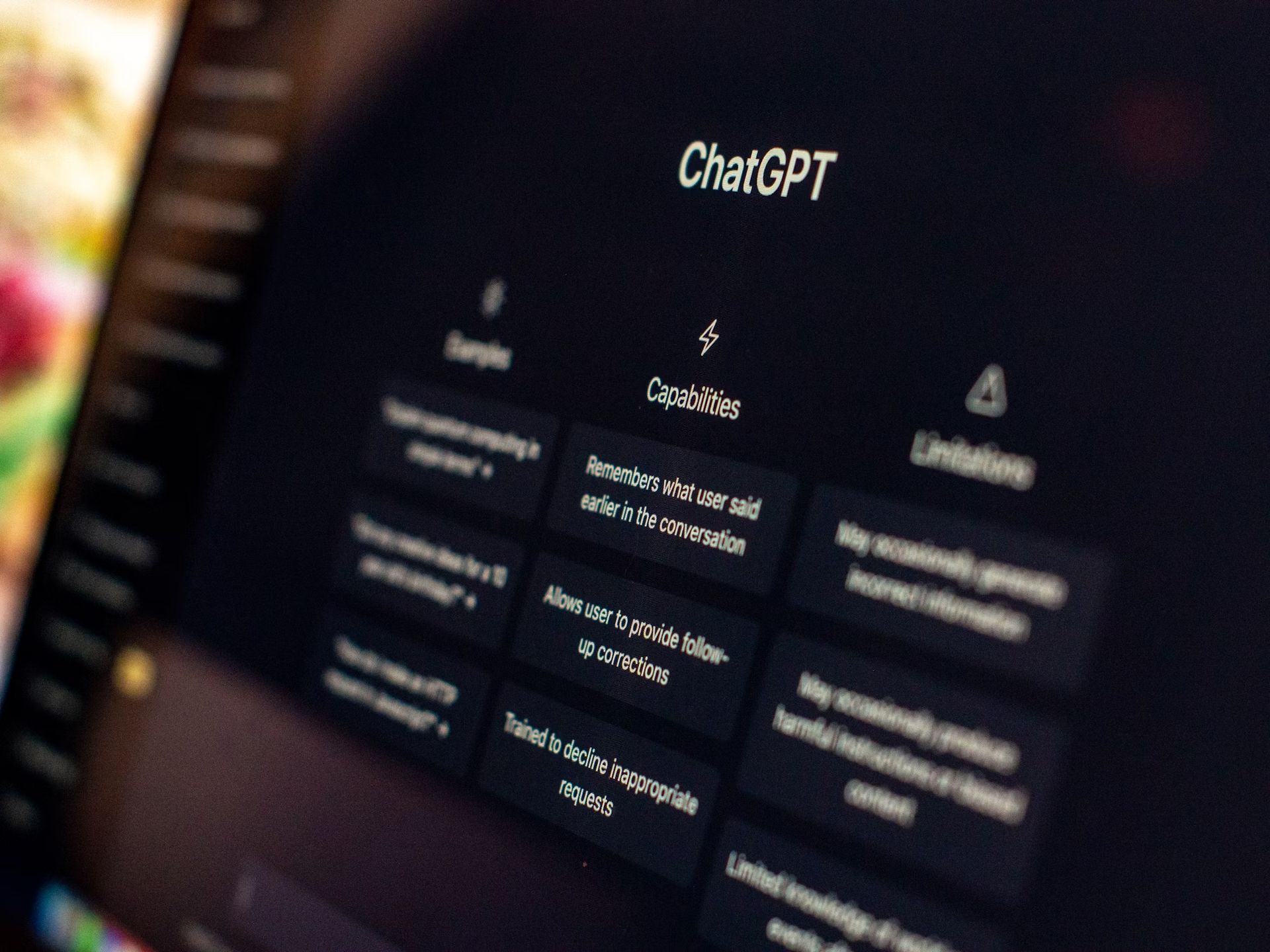Could OpenAI’s ChatGPT browser be Chrome’s kryptonite?

OpenAI is exploring the development of a web browser that integrates ChatGPT, alongside partnerships for search capabilities, The Information reports. Discussions have taken place with app developers like Conde Nast, Redfin, Eventbrite, and Priceline. This development may position OpenAI to compete directly with Google in the search engine market, where Google’s Chrome browser dominates. OpenAI has already ventured into this market with its SearchGPT initiative.
OpenAI explores web browser with ChatGPT integrationSince the launch of ChatGPT in late 2022, Google’s parent company, Alphabet, has sought to enhance its AI offerings, responding with its own generative AI chatbot, Gemini. Following this ongoing competition, Alphabet saw a dip in its stock value, with shares down approximately 1% during extended trading after closing roughly 5% lower on Thursday.
OpenAI’s possible web browser would significantly enhance the user experience of ChatGPT, which already boasts around 250 million weekly active users. Partnerships with various websites and applications could allow ChatGPT to provide more tailored answers to queries related to specific eCommerce markets. By leveraging these collaborations, the AI’s responsiveness and relevance could see substantial improvement. However, sources indicate that OpenAI is still in the early conceptual stages and is not close to launching a browser.
The U.S. Department of Justice has raised concerns about Google’s competitive practices, arguing that the company should consider divesting its Chrome browser to alleviate perceived monopolistic behavior in the online search space. These actions have made Google’s stronghold in the browser market appear vulnerable.
Additionally, there are reports that OpenAI is working on artificial intelligence features for devices manufactured by Samsung. This collaboration could further complicate Google’s position, especially given that Samsung is a major partner for Google. Currently, OpenAI maintains an existing partnership with Apple, which integrates its AI technology into Apple’s “Apple Intelligence” features found in new devices.
In recent months, OpenAI has expanded its capabilities, including a notable upgrade announced on October 31. This update introduced integrated web search features, allowing users to receive updated information directly from the web. Such advancements could challenge traditional search engine paradigms by providing direct answers complete with source citations. Initial rollouts of this feature were aimed at ChatGPT Plus and Team subscribers, addressing user needs for timely information, such as weather and stock prices.
OpenAI’s partnership with Hearst, established in early October, aims to incorporate content from Hearst’s publications into OpenAI’s generative AI products. This move will enable ChatGPT users to access a diverse range of media content along with citations, enriching the AI’s capabilities to deliver contextually relevant information.
OpenAI’s Chief Financial Officer, Sarah Friar, disclosed that 5% to 6% of free users transition to the paid ChatGPT product, indicating a growing subscriber base. The company is also keen on expanding its footprint in the corporate customer sector, further positioning itself for potential growth within the competitive landscape.
OpenAI refines its offerings and ongoing evaluations and collaborations suggest that the competitive tension with Google and other tech giants is likely to increase. The situation remains fluid as OpenAI’s plans unfold, keeping stakeholders and the industry on high alert for future updates.
Featured image credit: Emiliano Vittoriosi/Unsplash
